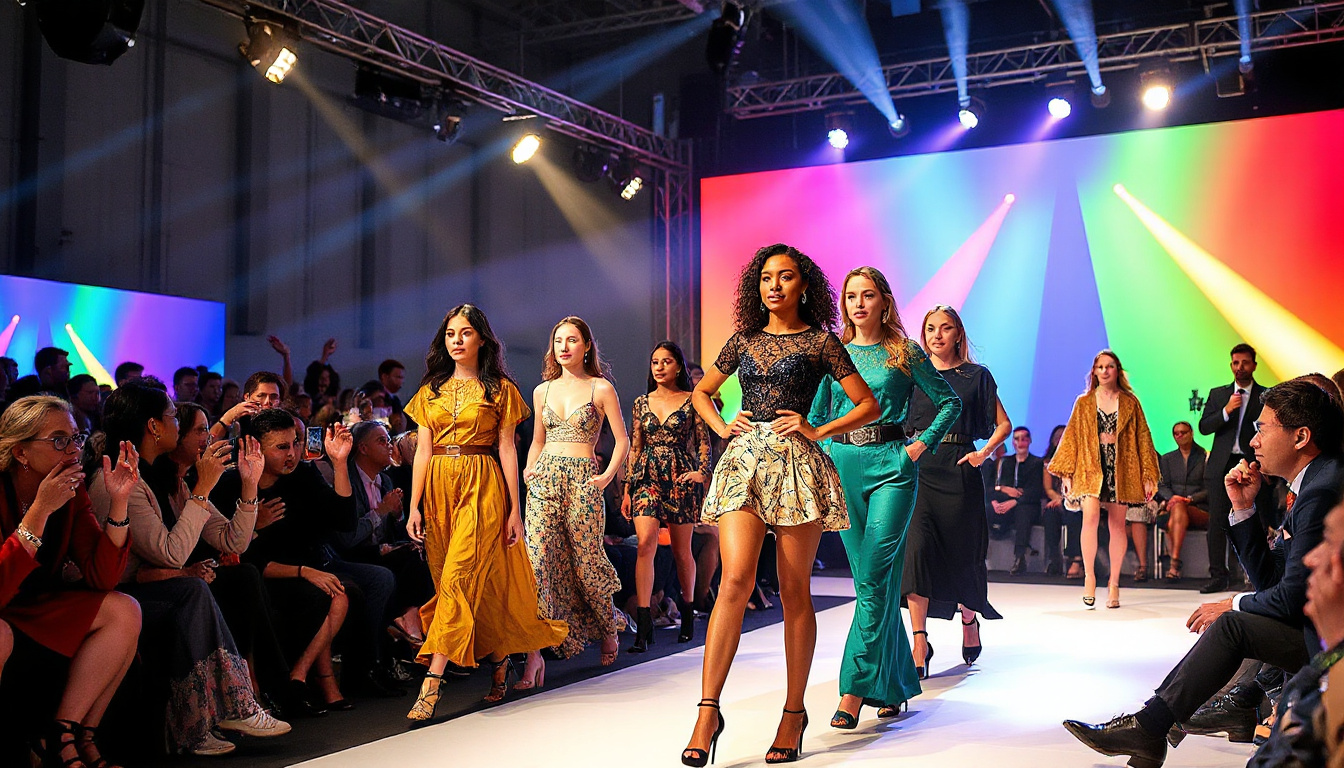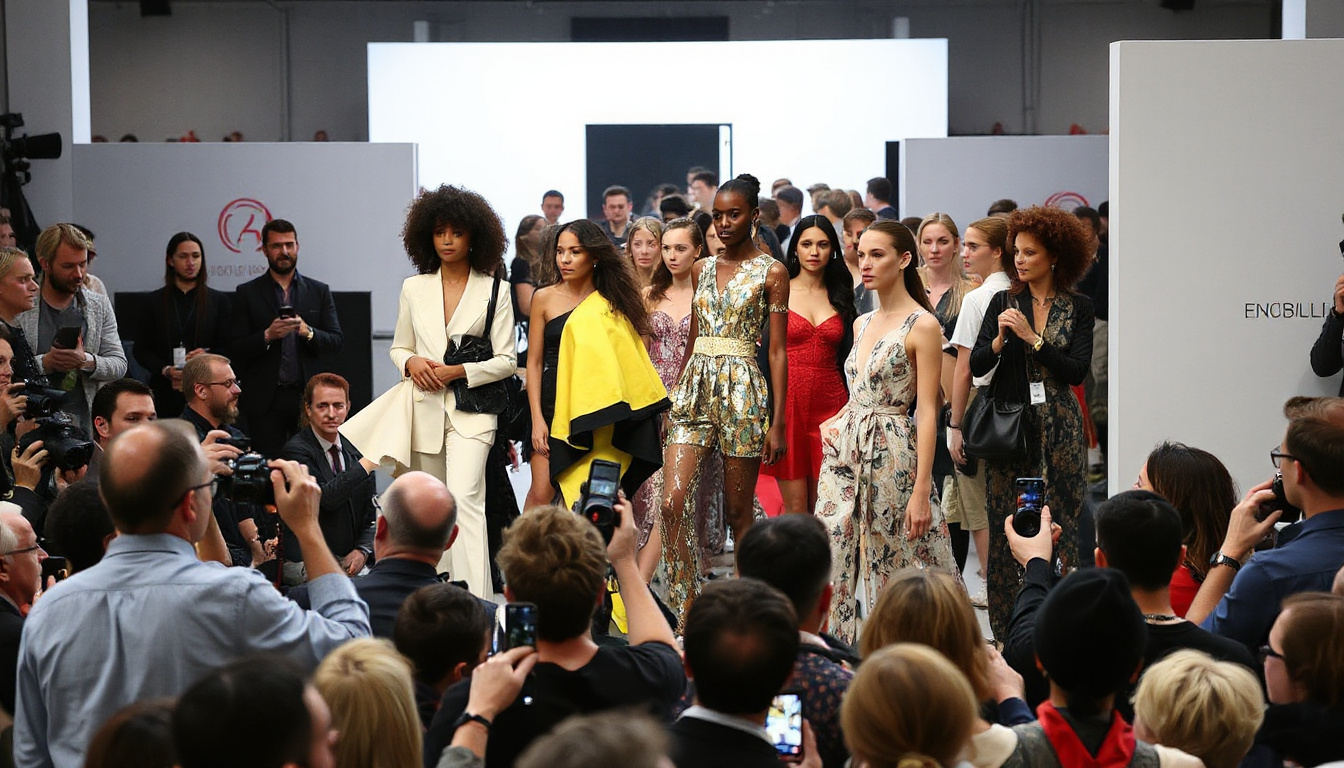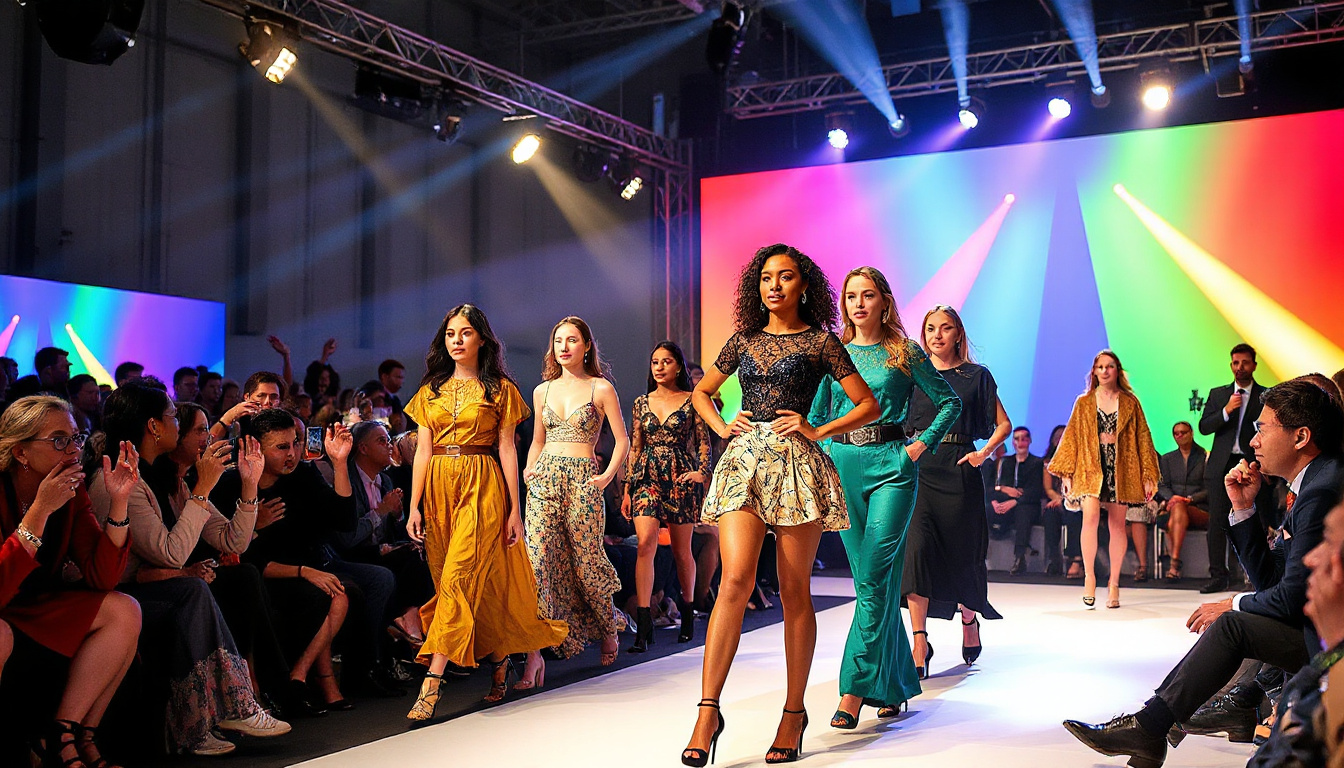London Fashion Week (LFW), held biannually in February and September, is a pivotal event in the fashion calendar, showcasing the most innovative designers and collections from around the globe. As one of the big four fashion weeks, alongside New York, Milan, and Paris, it serves as a crucial platform for both established and emerging designers to present their cutting-edge designs, thereby influencing global fashion trends. This article delves into the significance of LFW, highlights some of the trendsetting designers to watch, and examines its impact on the broader fashion landscape.

Key Takeaways
- London Fashion Week serves as a crucial platform for showcasing innovative fashion designs.
- Trendsetting designers feature unique signature styles that often influence global fashion trends.
- The event attracts international attention, establishing London as a key player in the fashion industry.
- Each season at London Fashion Week reveals emerging trends that shape consumer preferences worldwide.
- London Fashion Week promotes diversity and creativity, highlighting a range of voices in the fashion community.
Overview of London Fashion Week: A Platform for Innovation
London Fashion Week (LFW) stands as a significant biannual event in the global fashion calendar, showcasing innovative designs and setting trends that often ripple throughout the fashion industry. Established in 1984, LFW has evolved into a vital platform for emerging and established designers alike, presenting a diverse array of collections that embody the creative spirit of London. Designers such as Vivienne Westwood, Burberry, and Erdem frequently honour the stage, each bringing unique perspectives and craftsmanship that challenge conventional aesthetics and embrace forward-thinking concepts. This year’s event, scheduled for September 15-19, 2023, promises to continue this tradition by featuring a mix of renowned houses and cutting-edge newcomers. Moreover, LFW has increasingly prioritised sustainability, reflecting a broader shift within the industry towards responsible fashion practices. According to the British Fashion Council, over 75% of the brands participating in LFW have dedicated initiatives to sustainability, thereby positioning the London event as not just a hub for trendsetting designs but also a beacon for future-centric fashion. The event also provides an essential platform for digital innovation, with many designers leveraging technology to bridge the gap between physical and virtual experiences, enhancing accessibility for a global audience. Thus, London Fashion Week not only presents dynamic collections but also fosters a critical dialogue about the future of fashion, sustainability, and innovation.
For more insights into LFW 2023 and its impact on the fashion industry, visit the British Fashion Council’s official website (https://www.britishfashioncouncil.co.uk) and check out fashion analysis from Vogue (https://www.vogue.co.uk/fashion) and The Guardian (https://www.theguardian.com/fashion).
Highlighting Trendsetting Designers and Their Signature Styles
London Fashion Week (LFW) serves as a pivotal platform for trendsetting designers and their avant-garde collections, showcasing the eclectic creativity that defines the city’s vibrant fashion scene. From the bold statements of emerging talents to the refined aesthetics of established house names, LFW highlights innovative styles that often set the tone for the global fashion industry. Designers such as Christopher Kane and Erdem Moralıoğlu continue to captivate audiences with their unique interpretations of contemporary themes, while newer names like Simone Rocha are making waves with their romantic yet edgy designs. The event not only draws attention to individual designers but also reflects broader societal trends, as seen with collections that embrace sustainability and inclusivity. This year’s lineup promises to be no exception, with fashion insiders eagerly anticipating collections that challenge norms and push the boundaries of design. As trendspotters and fashion enthusiasts turn their attention to the catwalks, it is clear that LFW remains a vital force in the evolution of modern style, shaping the sartorial landscape long after the final curtain call. For more information on the latest trends from LFW, keep an eye on trusted sources such as The Business of Fashion, Vogue UK, and the British Fashion Council.
‘Fashion is the armor to survive the reality of everyday life.’ – Bill Cunningham

The Impact of London Fashion Week on Global Fashion Trends
London Fashion Week is not just an event; it is a phenomenon that echoes across the global fashion landscape. Held biannually, this prestigious event showcases innovative designs and avant-garde collections from trendsetting designers, making it a pivotal moment for industry insiders and fashion enthusiasts alike. The significance of London Fashion Week lies in its ability to influence not only seasonal fashion trends but also broader cultural phenomena. Designers such as Burberry, Alexander McQueen, and Stella McCartney utilise this platform to experiment with bold styles and sustainable practices, setting standards for the forthcoming seasons and inspiring global brands to follow suit. The event serves as a launchpad for emerging talents, with designers like Richard Quinn capturing international attention and altering the trajectory of fashion discourse. Moreover, the rise of digital platforms during the pandemic has transformed the way collections are presented, thereby expanding the reach of London Fashion Week, allowing trends to proliferate across borders at unprecedented speeds. Consequently, the styles and aesthetics showcased in London often ripple throughout the fashion industry, informing patterns in retail, consumer behaviour, and even social media. In summary, London Fashion Week is an indispensable barometer of future fashion directions, cementing its status as an essential event for trendsetting designers and collections.




